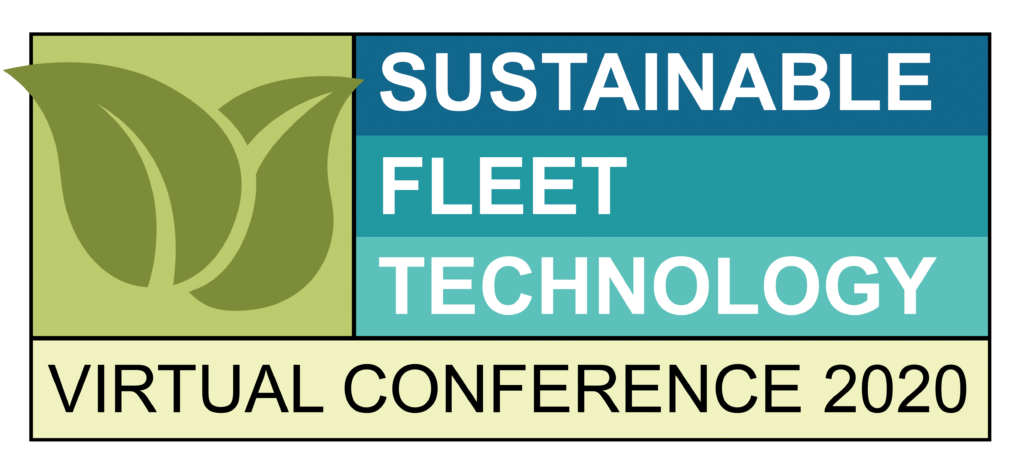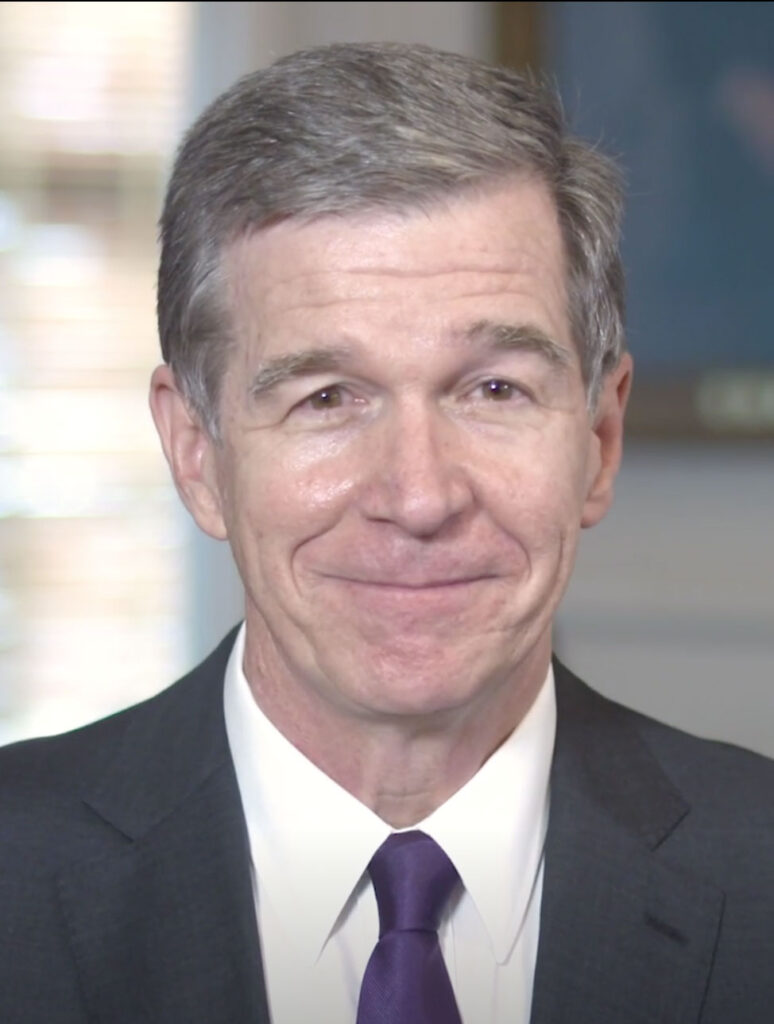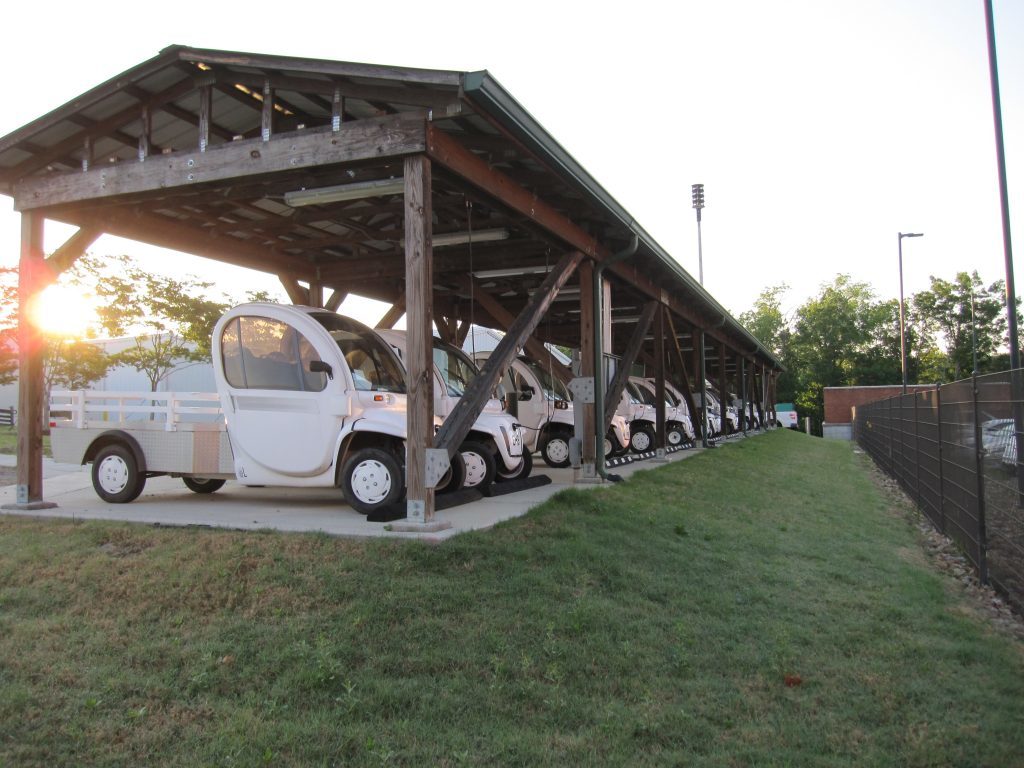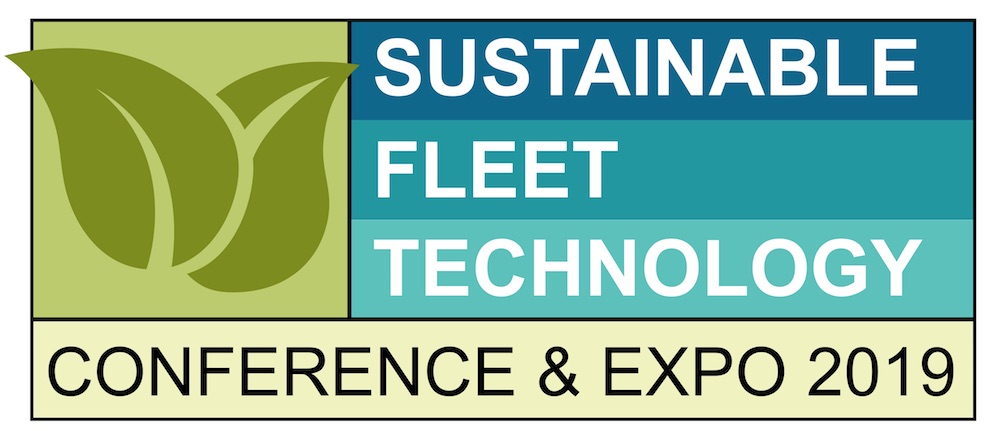The 6th annual Sustainable Fleet Technology Conference and Expo returns in-person for 2022! Discover the latest and greatest in sustainable fleet technology, operations and implementation at the 2022 Sustainable Fleet Technology Conference on August 31 and September 1, 2022 at the Durham Convention Center in Durham, NC.
The 2022 Sustainable Fleet Technology (SFT) Conference and Expo will showcase alternative fuel technologies and operations in the biofuels, electric, natural gas, and propane arenas, with a strong focus on data-driven decisions and best practices. The event will include keynote presentations, over 50 speakers and more than 40 exhibitors with indoor vehicle/equipment on display in the expo hall. Find the full conference agenda for SFT 2022 online here.
![]()
Building toward a sustainable fleet is a multi-aspect process that involves planning, understanding, learning, tracking, analyzing, training and changing organizational culture, which can be challenging for individual fleets to navigate. SFT serves as a resource for public and private fleets by leveraging the knowledge of top performing fleets and industry experts sharing their best practices and operations for increasing vehicle fleet efficiency and sustainability.
Attendees of SFT 2022 can expect in-depth presentations from award-winning and expert speakers sharing their best practices and lessons learned to help fleets run more efficiently. Session topics include a strong focus on data-driven decisions, tools and technologies from real-world applications of fleets across the nation. From simple strategies like idle-reduction programs to more complex operations like best practices for managing fleet charging equipment, the conference agenda has it all. Each session spotlights innovative opportunities for effective sustainable fleet management.
Who should attend?
Public & Private Fleet Managers
Purchasing Officials
State Government Leaders
Municipal Government Officials
Non-Profit Stakeholders
Clean Cities Coalitions & Stakeholders
Alternative Fuel Trade Organizations
Sustainability Managers
Academic Leaders & Researchers
![]() Wednesday, August 31 will begin with a welcome and introduction to the 2022 SFT Conference from keynote speaker John Konkel, Director of GM Fleet of General Motors. Later that day, John Konkel will join a panel of industry leaders for the keynote plenary Industry Roundtable: Getting the Win in Sustainable Fleet to discuss the current state of sustainable transportation, opportunities, obstacles and measures needed to meet today’s and future goals. The panel will be moderated by Emmy® Award-winning producer, host and creator of MotorWeek, television’s original and longest running automotive series, John Davis. Other plenary speakers on this panel include President of Alliance AutoGas, Stuart Weidie; Vice President of Volvo Group North America, Dawn Fenton; and Regional Sales Manager of Cummins Inc., Patrick Campbell.
Wednesday, August 31 will begin with a welcome and introduction to the 2022 SFT Conference from keynote speaker John Konkel, Director of GM Fleet of General Motors. Later that day, John Konkel will join a panel of industry leaders for the keynote plenary Industry Roundtable: Getting the Win in Sustainable Fleet to discuss the current state of sustainable transportation, opportunities, obstacles and measures needed to meet today’s and future goals. The panel will be moderated by Emmy® Award-winning producer, host and creator of MotorWeek, television’s original and longest running automotive series, John Davis. Other plenary speakers on this panel include President of Alliance AutoGas, Stuart Weidie; Vice President of Volvo Group North America, Dawn Fenton; and Regional Sales Manager of Cummins Inc., Patrick Campbell.
Day two begins with plenary panel Leadership Triple Play featuring Motivational Speaker & Scottsdale-based Leadership Development Coach Ramsey Bergeron of Bergeron Wellbeing, Lonnie Mayne of Red Shoes Living, Inc. and City of Orlando’s Facilities Management Division Manager David Dunn. Two other keynote plenary sessions are also on the agenda for Thursday, September 1: Industry Round Table: Delivering Electrons for Transportation Electrification and Industry Round Table: Original Equipment Manufacturer (OEM) Electric Vehicle Portfolio Planning.
![]() Those interested in attending SFT 2022 can find out more during a free pre-conference webinar on August 9 from 2:00 to 3:15 p.m. This preview will feature information on the breakout session topics and highlighted technologies of the program, as well as select presentations from a few of the speakers on the agenda for the conference. Register for the preview webinar for free online now.
Those interested in attending SFT 2022 can find out more during a free pre-conference webinar on August 9 from 2:00 to 3:15 p.m. This preview will feature information on the breakout session topics and highlighted technologies of the program, as well as select presentations from a few of the speakers on the agenda for the conference. Register for the preview webinar for free online now.
This year’s breakout session tracks are Vehicle Applications, Fueling Infrastructure, and Planning and Technology. Session topics will be:
- Alternative Fuel Vehicle Case Studies
- Hydrogen
- Electric Vehicles
- Biofuels
- Local, State, and Federal Policies & Resources
- Considerations & Opportunities for Rural Communities
- Electric Vehicle Supply Equipment (EVSE)
- Managing Fleet Charging Equipment
- Fleet Performance & Safety
- Sustainable Garage & Facility Operations
- Natural Gas
- Idle Reduction
Pre-conference events on Tuesday, August 30 include:
- NAFA Sustainable Fleet Management Training | 10 a.m. – 2:30 p.m.
- Ride & Drive with Cenntro | 10 a.m. – 2 p.m.
- Triangle Electric Vehicle Summit | 12 – 2 p.m.
- NAFA 100 Best Fleets | 2:30 – 5 p.m.
- Green Fleet Awards | 5 – 5:30 p.m.
- Networking & Reception Event | 5:30 – 7 p.m.
![]() Fleets and stakeholders can take advantage of early bird pricing through July 29, 2022 to register for $199. General admission early bird pricing for SFT 2022 is $249 and will increase to $299 after Friday, July 29. Registration for groups of 3 or more is $149 each, and $50 for students. For additional details, contact Heather Brutz at hmbrutz@ncsu.edu.
Fleets and stakeholders can take advantage of early bird pricing through July 29, 2022 to register for $199. General admission early bird pricing for SFT 2022 is $249 and will increase to $299 after Friday, July 29. Registration for groups of 3 or more is $149 each, and $50 for students. For additional details, contact Heather Brutz at hmbrutz@ncsu.edu.
Don’t miss out on future updates for the 2022 Sustainable Fleet Technology Conference- sign up for the clean transportation newsletter! More information about SFT 2022 can be found online here. Register for the conference here.
The NC Clean Energy Technology Center hosts the annual Sustainable Fleet Technology Conference as part of its mission to advance a sustainable energy economy by educating, demonstrating and providing support for clean energy technologies, practices and policies.

 Attendees of the webinar heard from a panel of experts including David Dunn, Division Manager of the Fleet & Facilities management Division for the City of Orlando, Florida. Dunn emphasized the critical roles public fleets have in leading the EV revolution and being the agent of change, from installation and maintenance of infrastructure to creating solutions for grid vulnerability.
Attendees of the webinar heard from a panel of experts including David Dunn, Division Manager of the Fleet & Facilities management Division for the City of Orlando, Florida. Dunn emphasized the critical roles public fleets have in leading the EV revolution and being the agent of change, from installation and maintenance of infrastructure to creating solutions for grid vulnerability.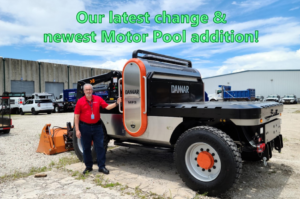 “This [MPS] is a charger, this is a generator, this is a work platform, this is a power station,” Dunn explained. “This is one way to attack the grid vulnerability issue, because you can charge several vehicles off of this one if you need to.”
“This [MPS] is a charger, this is a generator, this is a work platform, this is a power station,” Dunn explained. “This is one way to attack the grid vulnerability issue, because you can charge several vehicles off of this one if you need to.”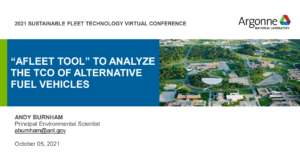 One of the speakers from this webinar was Andrew Burnham from the Argonne National Laboratory which supports the U.S. Department of Energy’s Clean Cities Program. Argonne has developed the Alternative Fuel Life-Cycle Environmental and Economic Transportation (AFLEET) tool. The AFLEET spreadsheet was designed to examine light and heavy duty vehicles for metrics like petroleum use, greenhouse gas emissions and more to find the total cost of ownership.
One of the speakers from this webinar was Andrew Burnham from the Argonne National Laboratory which supports the U.S. Department of Energy’s Clean Cities Program. Argonne has developed the Alternative Fuel Life-Cycle Environmental and Economic Transportation (AFLEET) tool. The AFLEET spreadsheet was designed to examine light and heavy duty vehicles for metrics like petroleum use, greenhouse gas emissions and more to find the total cost of ownership.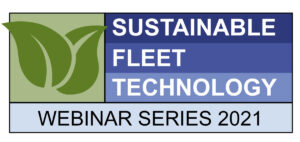 Currently, the clean transportation team is hosting weekly webinars through the
Currently, the clean transportation team is hosting weekly webinars through the 